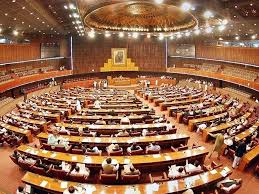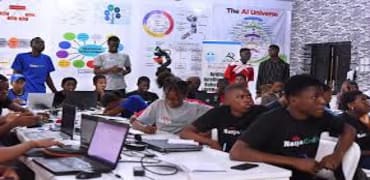Protest Rocks National Assembly Over Adulterated Fuel Scandal: Civil Society Demands Transparency
Protest Rocks National Assembly Over Adulterated Fuel Scandal: Civil Society Demands Transparency
By Achimi Muktar
Tension flared at the National Assembly in Abuja as a group of protesters from the Nigerian Coalition of Civil Society Organisations (NCCSO) stormed the premises, calling for greater transparency and public involvement in the ongoing investigation into the alleged importation of adulterated fuel into the country.
The protesters, waving placards and chanting slogans, demanded that representatives from civil society, trade unions, student groups, and market women be included in the joint committee set up by both the Senate and House of Representatives to probe the scandal. The rally, held outside the National Assembly complex, was a response to what many see as the government's failure to fully address the issue and its impact on Nigerians.
At the heart of the protest is the call for a "people's probe" into the importation of contaminated petroleum products by the Nigeria National Petroleum Company Limited (NNPC Ltd). The coalition argued that this inclusion is critical to ensure a thorough and transparent investigation, one that goes beyond the closed doors of the legislature and truly reflects the concerns of the everyday Nigerian citizen.
The Senate initially set up an ad hoc committee on July 3, headed by Senate Leader Opeyemi Bamidele, to investigate the importation of the substandard fuel. But after three months of minimal progress, the committee was merged with its House of Representatives counterpart to form a joint committee. The protesters voiced their frustration, questioning the efficacy and sincerity of the current investigation.
Kennedy Tabuko, the spokesperson for the coalition, expressed his disappointment with the silence from the National Assembly since the formation of the joint committee. "We need a more inclusive approach. The federal government must direct the joint committee to include representatives from civil society, labour unions, students, and market women," he stated, emphasizing that this was not only about fuel imports but also about the broader issue of energy independence and the dominance of NNPC Ltd over the country’s oil sector.
The protesters' demands go beyond merely involving the public; they called for action to break the monopoly of NNPC Ltd and support for local refineries, which they argue are essential for Nigeria’s economic and energy security.
Tabuko made it clear that the protesters were not just against the importation of bad fuel but also against the silence and inaction from the legislative body. “We want to make sure this probe truly addresses the problem. We want to know how deep this issue goes, and only by involving the people can we ensure accountability," he concluded.
As the protests unfolded, it became clear that the civil society coalition was rallying behind a vision of a more transparent, accountable, and people-centric process. The call for a "people’s probe" may signal a turning point in the way the Nigerian government handles public concerns, especially on issues that directly affect the daily lives of ordinary citizens. The outcome of this protest may well determine how serious the government is about addressing the challenges within the country’s oil sector.





















